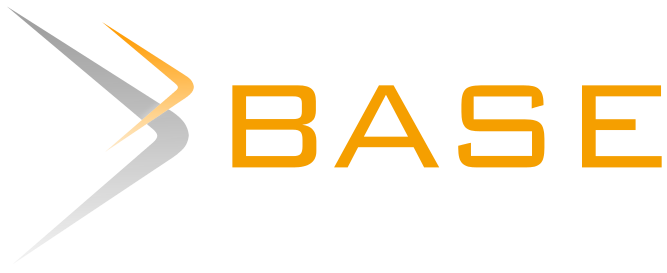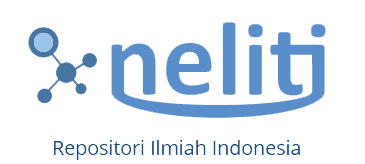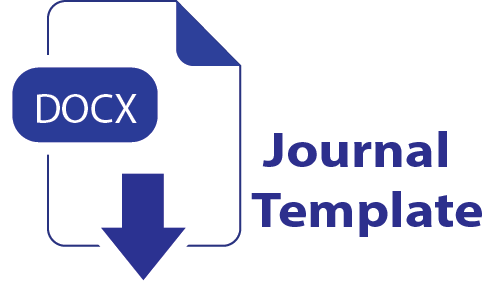Publication Ethis
Jurnal Ecoment Global (JEG): Upholding Ethical Standards in Publishing. Jurnal Ecoment Global (JEG) is a peer-reviewed journal dedicated to maintaining the highest ethical standards. As all participants in the publishing process, including authors, editors, and reviewers, are expected to abide by the following ethics statements. This statement is based on COPE's Best Practice Guidelines for Journal Editors.
Authors' Responsibilities
- Authors are required to submit a meticulous and trustworthy working paper, encompassing precise data, pertinent references, and comprehensive details. It is imperative to uphold ethical standards by refraining from incorporating fraudulent or inaccurate statements, as such practices are strictly forbidden and will not be condoned.
- Authors are expected to adhere to ethical guidelines by refraining from submitting previously published work or simultaneously submitting the same manuscript to multiple journals. Such behavior is considered unethical and incompatible with the principles of responsible publishing.
- Authors bear the responsibility of ensuring the originality of their submissions, limited to wholly authentic manuscripts. Proper citation must be employed when utilizing the work or words of others. Any form of plagiarism, which constitutes unethical conduct in publishing, must be diligently avoided.
- To uphold the highest standards of scientific integrity, editors and reviewers have the authority to request authors to provide raw data along with their manuscripts for thorough review. Whenever feasible, public disclosure of this data is encouraged to promote transparency and accountability within the scientific community.
- Authors are encouraged to maintain transparency by openly addressing any potential conflicts of interest that may influence the outcomes or interpretation of their manuscript. Furthermore, it is vital to disclose all financial support received for the work to ensure complete transparency throughout the publication process.
- The corresponding author bears the responsibility of ensuring that the author list comprises only suitable co-authors who have provided their consent for the final version of the manuscript to be submitted for publication. It is imperative to verify that all co-authors have reviewed and approved the submission of the manuscript.
- Authors hold the responsibility of promptly notifying the journal editor or publisher regarding any substantial errors or inaccuracies identified in their published work. Even if a third party brings such errors to the attention of the editors or publisher, it remains the authors' duty to take appropriate action or present evidence to ensure accuracy in their work.
Editors’ Responsibilities
- Editors are obligated to impartially assess the intellectual substance of each manuscript submitted to the journal, irrespective of the authors' gender, race, ethnicity, religion, or citizenship. Fair and unbiased evaluation is essential to uphold the principles of equality and non-discrimination in the publishing proces.
- Editors and staff are entrusted with the responsibility of upholding strict confidentiality regarding all information associated with manuscripts submitted by authors to this journal. This includes ensuring the confidentiality of reviewers' identities. Maintaining the privacy of such sensitive information is vital to safeguard the integrity and trustworthiness of the publication process.
- Editors must adhere to ethical guidelines by refraining from utilizing unpublished information for personal research purposes without obtaining written consent from the authors. Respecting the rights and confidentiality of authors is essential to maintain trust and integrity in the publishing process.
- Editorial board members are expected to abstain from evaluating a manuscript in cases where conflicts of interest arise due to personal relationships or connections with the authors, companies, or institutions associated with the manuscripts. This ensures impartiality and upholds the integrity of the evaluation process.
- The editor-in-chief assumes the responsibility of selecting articles for publication based on their significant contributions to the field and alignment with the journal's policies and legal obligations. In making these decisions, the editor-in-chief may engage in discussions with other editors or reviewers, fostering a collaborative approach to ensure well-informed and valuable article selection.
Reviewers’ Responsibilities
- Reviewers must maintain strict confidentiality regarding the manuscripts assigned to them. The work should not be shared or discussed with others unless explicit permission is granted by the editor. Upholding this confidentiality ensures the integrity of the peer review process and respects the rights and privacy of the authors.
- Reviews should adhere to objectivity and provide clear, well-founded arguments to assist authors in improving their manuscripts. Personal criticism of authors is considered inappropriate and should be avoided. By maintaining a constructive and respectful approach, reviewers can contribute to the overall enhancement of the manuscript's qualit
- Reviewers must promptly notify the editors and decline the review invitation if they have conflicts of interest with the manuscript under consideration. In such cases, alternative reviewers will be contacted to ensure an impartial evaluation process. Transparency in identifying and managing conflicts of interest upholds the integrity and fairness of the peer review system.
- Reviewers are strictly prohibited from utilizing unpublished material or privileged information obtained from a submitted manuscript for their personal research or advantage without obtaining written consent from the authors. Respecting the rights and confidentiality of authors is paramount, ensuring the ethical conduct and trustworthiness of the peer review process.
- In situations where referees are unable to review a manuscript or meet the expected timeframe, it is advisable for them to decline the invitation and promptly inform the editors. This proactive approach assists in identifying alternative potential reviewers and contributes to a smooth and efficient review process.











